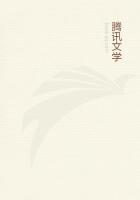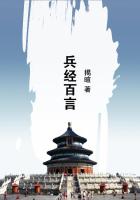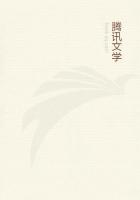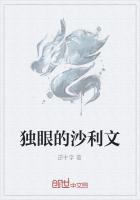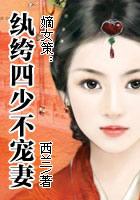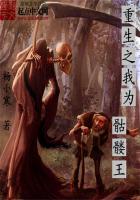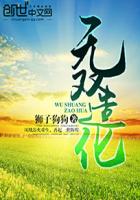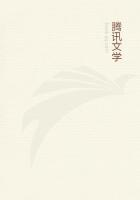The natives of Kiwai, an island lying off the mouth of the Fly River in British New Guinea, tell of a certain magician named Segera, who had sago for his totem. When Segera was old and ill, he told the people that he would soon die, but that, nevertheless, he would cause their gardens to thrive.
Accordingly, he instructed them that when he was dead they should cut him up and place pieces of his flesh in their gardens, but his head was to be buried in his own garden. Of him it is said that he outlived the ordinary age, and that no man knew his father, but that he made the sago good and no one was hungry any more. Old men who were alive some years ago affirmed that they had known Segera in their youth, and the general opinion of the Kiwai people seems to be that Segera died not more than two generations ago.
Taken all together, these legends point to a widespread practice of dismembering the body of a king or magician and burying the pieces in different parts of the country in order to ensure the fertility of the ground and probably also the fecundity of man and beast.
To return to the human victims whose ashes the Egyptians scattered with winnowing-fans, the red hair of these unfortunates was probably significant.
For in Egypt the oxen which were sacrificed had also to be red; a single black or white hair found on the beast would have disqualified it for the sacrifice.
If, as I conjecture, these human sacrifices were intended to promote the growth of the cropsand the winnowing of their ashes seems to support this viewredhaired victims were perhaps selected as best fitted to personate the spirit of the ruddy grain. For when a god is represented by a living person, it is natural that the human representative should be chosen on the ground of his supposed resemblance to the divine original. Hence the ancient Mexicans, conceiving the maize as a personal being who went through the whole course of life between seed-time and harvest, sacrificed new-born babes when the maize was sown, older children when it had sprouted, and so on till it was fully ripe, when they sacrificed old men. A name for Osiris was the crop or harvest; and the ancients sometimes explained him as a personification of the corn.
2. Osiris a Tree-spirit.
BUT Osiris was more than a spirit of the corn; he was also a tree-spirit, and this may perhaps have been his primitive character, since the worship of trees is naturally older in the history of religion than the worship of the cereals. The character of Osiris as a tree-spirit was represented very graphically in a ceremony described by Firmicus Maternus. A pine-tree having been cut down, the centre was hollowed out, and with the wood thus excavated an image of Osiris was made, which was then buried like a corpse in the hollow of the tree. It is hard to imagine how the conception of a tree as tenanted by a personal being could be more plainly expressed. The image of Osiris thus made was kept for a year and then burned, exactly as was done with the image of Attis which was attached to the pine-tree. The ceremony of cutting the tree, as described by Firmicus Maternus, appears to be alluded to by Plutarch.
It was probably the ritual counterpart of the mythical discovery of the body of Osiris enclosed in the erica-tree. In the hall of Osiris at Denderah the coffin containing the hawk-headed mummy of the god is clearly depicted as enclosed within a tree, apparently a conifer, the trunk and branches of which are seen above and below the coffin. The scene thus corresponds closely both to the myth and to the ceremony described by Firmicus Maternus.
It accords with the character of Osiris as a tree-spirit that his worshippers were forbidden to injure fruit-trees, and with his character as a god of vegetation in general that they were not allowed to stop up wells of water, which are so important for the irrigation of hot southern lands.

